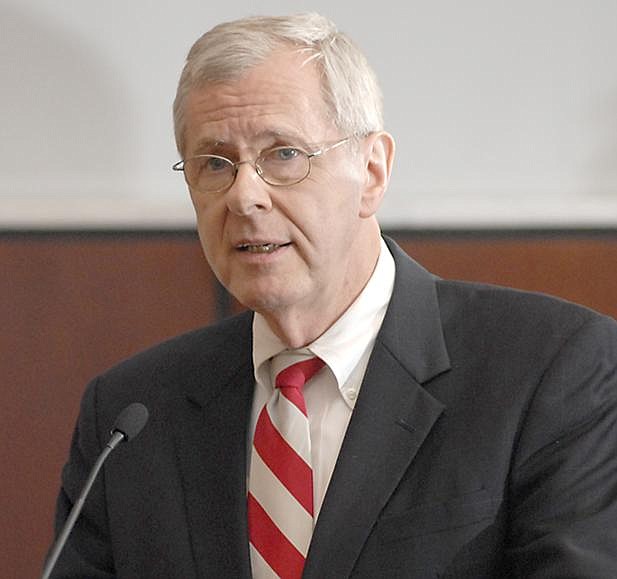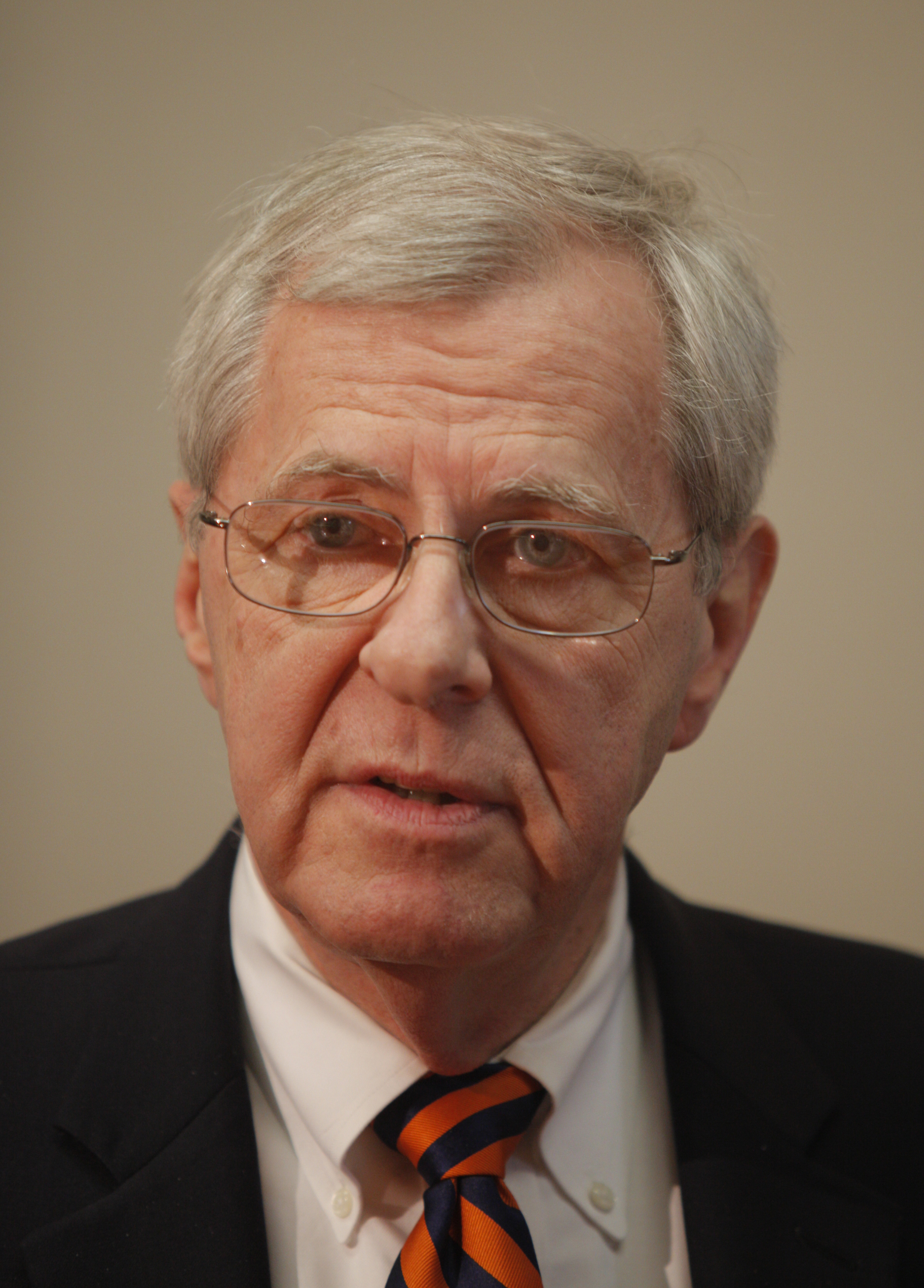Chattanooga City Council votes to follow state law on recalls
Friday, January 1, 1904
WHAT'S NEXTThe Chattanooga City Council will have a second and final reading along with a vote next Tuesday, July 24.
The Chattanooga City Council made the first step Tuesday on outlining how residents could recall the mayor and City Council members.
The council voted 6-3 to follow state guidelines on recalling the city's mayor, which would mean 15 percent of the city's registered voters would have to sign a recall petition. The council also approved that 15 percent of the registered voters' signatures in a district would be needed to recall council members.
"By deferring to state law, we keep it simple," said Councilman Peter Murphy, chairman of the Legal and Legislative Committee.
But Councilwoman Deborah Scott, who voted against the ordinance, disagreed.
"What we're saying is it takes more voters to take [elected officials] out of office than it does to put them in," she said.
Scott, Councilman Andraé McGary and Councilwoman Sally Robinson all voted against the ordinance.
The ordinance will be voted on again next week and, if approved, a question will be placed on November's ballot asking city residents if they would approve the City Charter's being amended to match state law.
The ballot initiative comes after years of court fighting on a recall effort aimed at ousting Mayor Ron Littlefield. A judge ruled two years ago and affirmed his ruling in February that the only thing municipalities have control of in recall measures is the threshold of signed petitions.
The current City Charter states that the petitions needed should come to 50 percent of the number of voters in the previous election.
Robinson said the threshold wasn't strict enough. She said officeholders should be taken out of office only for malfeasance even though there are state laws that deal with elected officials being ousted for criminal behavior.
"I continue to be troubled that an elected official can be ousted for some reason other than a criminal act or being arrested," she said.
Murphy said the best option is to mirror the state law and refer to it in case the Tennessee General Assembly changes it. He said that way it would not result in the type of confusion that ensued over the last three years with the attempt at recalling Littlefield.
"I think the people need clarity," he said.

